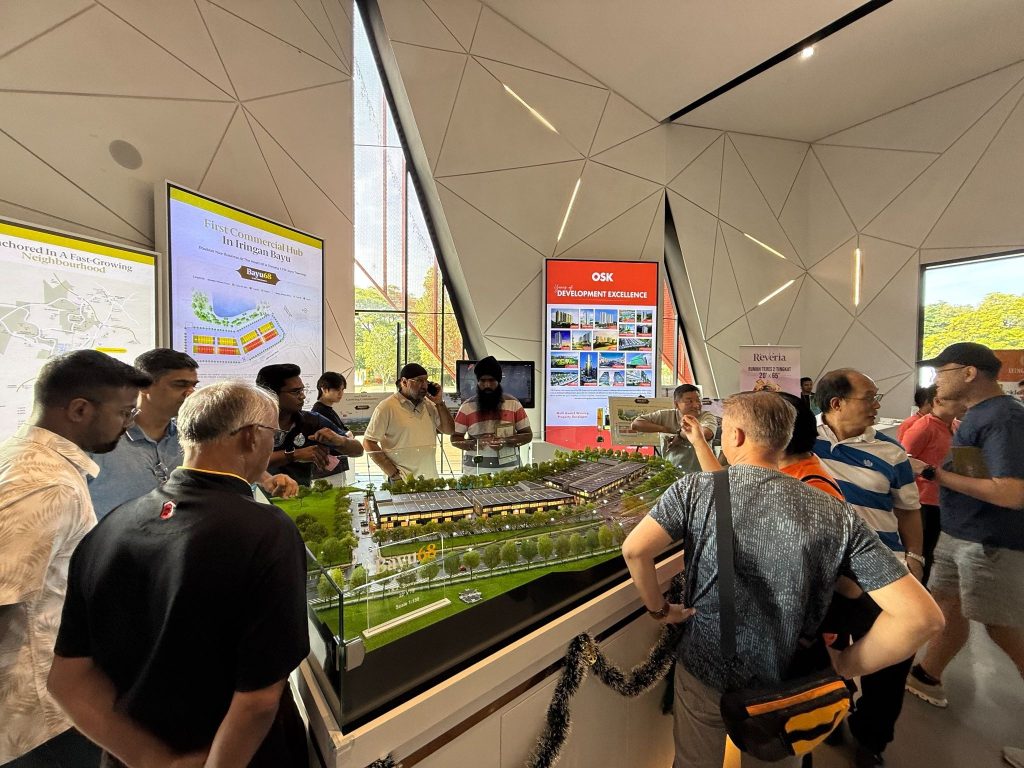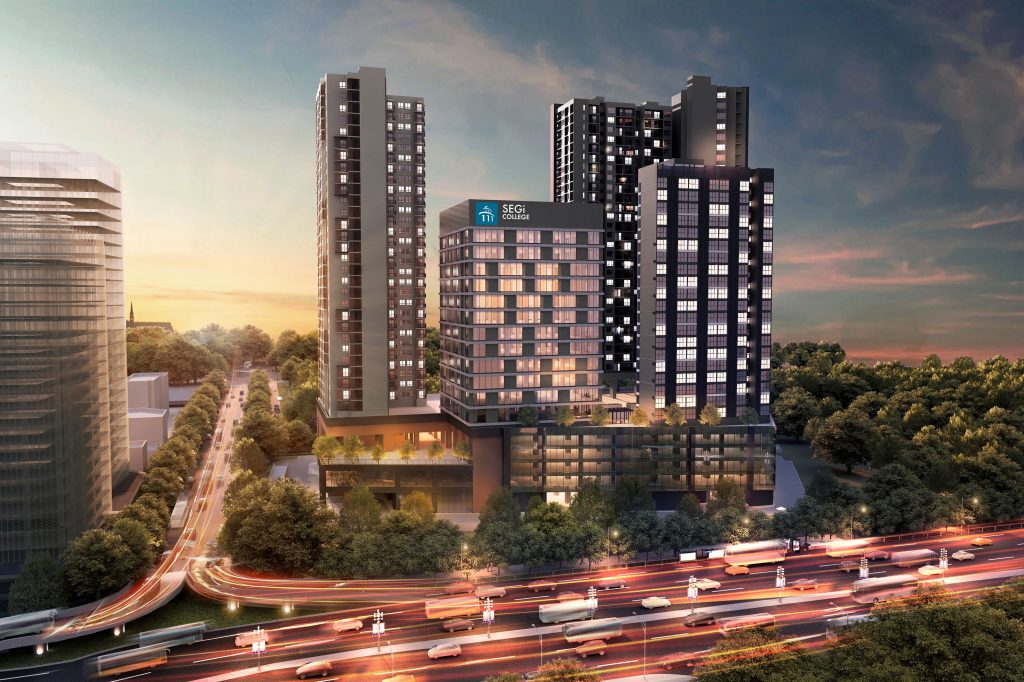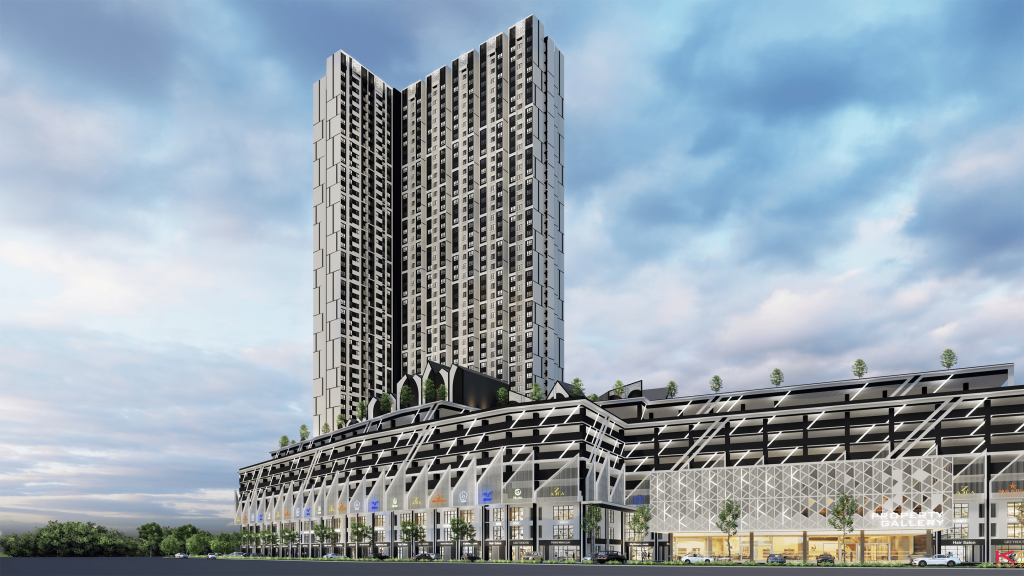By AREA Management Sdn Bhd executive chairman Datuk Stewart Labrooy
Millennials (commonly referred to as Gen Y) have grown up in a time of rapid change, giving them a set of priorities sharply different from other generations.
Born between 1980 and 2000, this generation is the biggest in the history of the world. They have the benefit of witnessing the massive disruptions of technology, the definition of the new economy and the new jobs that are available to them.
However, lower employment levels and smaller incomes have left younger millennials with less money to spend than previous generations. This is made worse as loan repayments start taking a large chunk out of their paychecks.
With less money to spend, they are putting off commitments like marriage and homeownership. Studies done in the USA show that only 23% of adults between the ages of 18-31 are married and living in their own homes.
However, as Millennials between the age of 25-41 years enter their peak home-buying years, their reluctance to enter the housing market could change. Their sheer size coupled with their desire to settle down could lead to a surge in home sales.
For the moment, many of them are opting to live at home with their parents or rent properties, but surveys indicate that they would want to own a property later.
Here are some Millennial takeaways:
-
It’s all about access, not ownership
The millennials are giving priorities to access and not ownership. Not only homeownership, but they are also reluctant to buy items such as cars, music and luxury goods. Instead, they are turning to a new set of services that provide access to products without the burdens of ownership such as Uber and Grab Taxi. These are good examples of the disruptive nature of modern technologies
-
The hierarchy of needs
The must-haves of previous generations are just not as crucial to millennials anymore, and they are putting off major purchases or avoiding them entirely. For example, owning a car, a luxury bag or a TV is of low priority to them. However, owning a home is still considered priority but during later stages of life.
-
Brands and retail
Millennials affinity for technology is reshaping the retail landscape. With product information, reviews and price comparisons at their fingertips, they are turning to brands that can offer maximum convenience at the lowest cost.
Over 57% of millennials compare prices when in a store before deciding to buy. This has led to the successful creation of online brands that retail fashion, health products and electronics.
-
The power of social media
If brands are shrinking in importance, social media is growing exponentially. Millennials are turning to their online networks when making purchase decisions or sharing new skills and ideas. They prefer social media-friendly brands.
-
Fitness Focused
Millennials look at wellness as a daily active pursuit. They are exercising more, eating smarter, and smoking and drinking less than any generation before them. They are early adopters of technology to help them track their fitness levels and seek information on the healthy lifestyle.
Real Estate Disruption is on the way
Here are some predictions for the real estate market:
- The Millennials will make extensive comparisons before they buy a property. They might opt to rent at a development with a lifestyle component that appeals to their tastes. Cheap shoebox apartments may not cut the mustard much longer. They can be quite demanding, and they do not like the idea of getting into debt at such an early stage of their lives.
- What cannot be sold should be rented with good asset management. Many major cities around the world are facing issues of affordability where housing is not affordable, and millennials are opting to rent. These countries have a very mature rental market which is professionally run which in turn has created a thriving Housing REITs market.
- The rise of e-commerce will affect the way we shop. Bricks and Mortar will have to become Bricks, Clicks and Mortar. Many malls will morph into lifestyle or learning centres that can relate to the consumers of the future.
- Office spaces will start to look very different. Older buildings will struggle to attract the millennials as workers or tenants as millennials opt for co-working spaces. Office building owners will have to start thinking outside the box.
The older generation is highly critical of the Millennials, but our younger generation will work less and earn more, change the way we look at work, will be entrepreneur-driven, eat differently, consume less, change how we live and move in megacities, and thrive in the digital economy. They will live longer and be more carbon neutral than any generations before them.
And yes, the Millennials will redefine the future of real estate in Malaysia and globally; we need to be ready to adapt to change this generation will demand.
Disclaimer: All data and information provided on this site is for informational purposes only. Starproperty.my makes no representations as to the accuracy, correctness, completeness, currentness, suitability, or validity of any information on this site and will not be liable for any errors, omissions, or delays in this information or any losses, injuries, or damages arising from its display or use. All information is provided on an as-is basis. All users are strongly encouraged to seek professional advice before relying on any data and/or information provided on this site.
The views and opinions expressed in this article are solely those of the original author. These views and opinions do not necessarily represent those of StarProperty.my.

















































